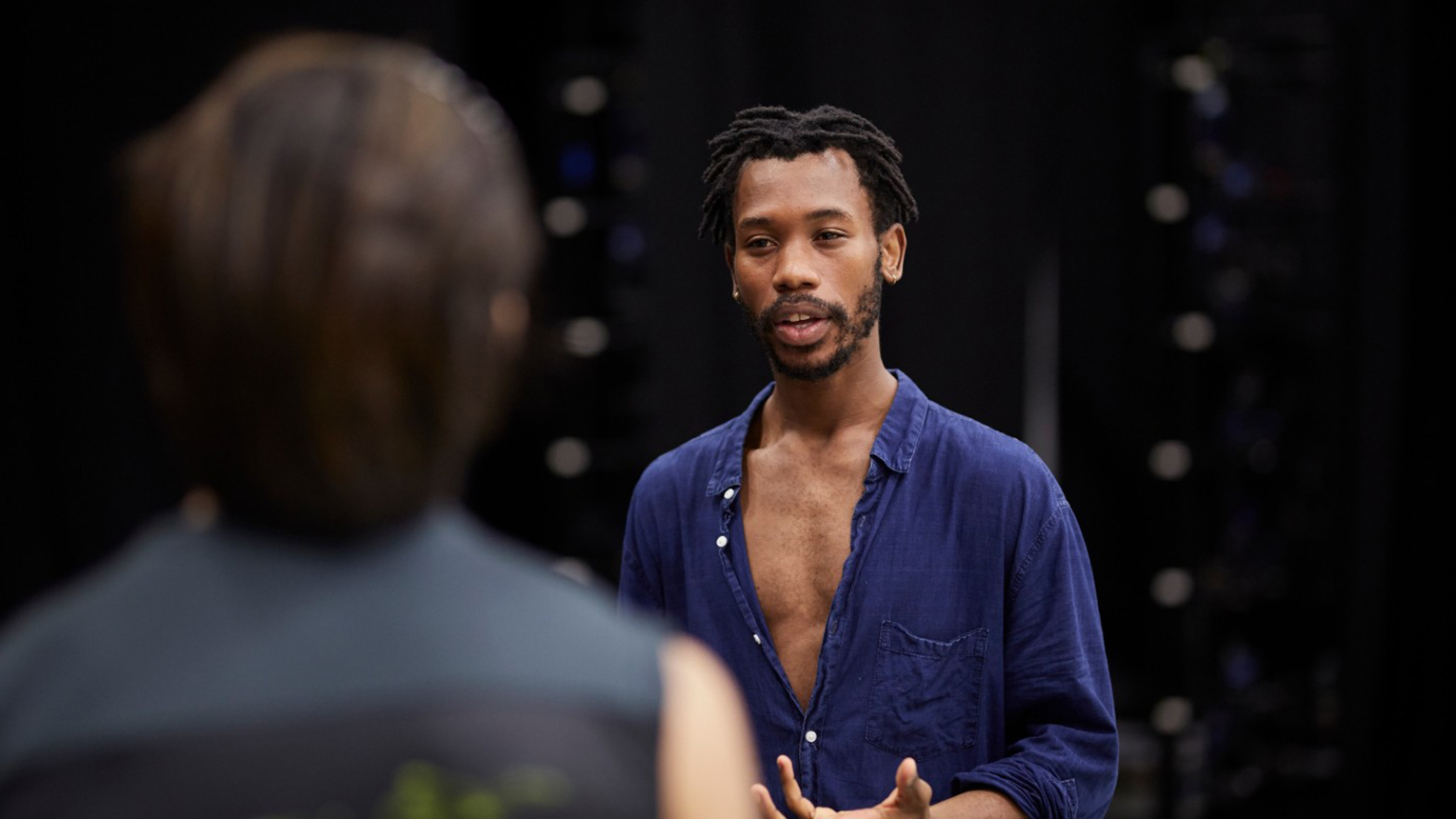
15/08/2018 by Alister Albert 0 Comments
Mamela...Listen!
“I never dreamt [of being] a ballet dancer, I dreamt [of being] an actor. I fell in love with ballet. Does that make any sense?” (chuckles)
You can’t help but be captivated by his smile, infectious candour, honesty and energy. Mlindi Kulashe recounted (in nearly an hour of wide-ranging discussion) great, vivid detail of what it was like growing up, dancing and performing in his neighbourhood streets, as a youth in the townships of South Africa. Little did he know then, that those days of rhythmic freedom, expression, void of form and structure and ultimately his love for performance would transport him away from his warm humble beginnings, to cold London and eventually colder Leeds in the north of England, United Kingdom, where he would become a professional dancer for Northern Ballet.
Mlindi’s story is fascinating. A tale of a gifted young, black entertainer, from very humble beginnings that epitomizes the ageless account where talent, combined with determination overcomes barriers (real or perceived), to being able to partake in a career he could have only imagined as a twirling, forever-dancing, advert-mimicking child from South Africa. A life, which is leaps and bounds, or more appropriately, amazing pirouettes and harness-flights away from his upbringing.
From a tender age, Mlindi remembers his love for performing saying “I remember when I was young, whenever there were occasions…I would be creating a show…I was [either] singing, dancing or acting, or just doing some kind of performance for whatever that occasion was.” He also remembers engaging in constant improvisations with his younger brother and sister where they would “[start improvised scenes] from nothing and would just chat and…make up scenarios,” where they would play and let their imaginations run wild, acting them out for their enjoyment or whomever was around to watch.
However, Mlindi’s upbringing wasn’t all fun and games as he remembers the emotional struggles he dealt with, witnessing the deterioration of his parents’ relationship and having to move quite often to his grandmother’s house in Nyanga, whilst his parents were away dealing with divorce proceedings. Nevertheless, he decided to focus on the positive; a theme that was abundantly present throughout the interview; even as he reflected on the challenges he faced and how he managed to keep focused to ensure he achieved the goals he set for himself, when he decided to embark on this artistic journey which has afforded him the opportunity to grace many stages in lead roles in many narrative productions produced by Northern Ballet.
***
With his mother’s desire for him to learn English, understanding the communicative value of learning this global language, to complement his native tongue Xhosa and not being particularly interested in football, swimming or anything remotely sport-oriented; Mlindi, from age 8 knew undoubtedly that dancing was his calling, no matter the genre. He recounted not even knowing what style of dance classes he started or what it was even called, neither was he bothered by its well-known discipline requirements, as he was fully entranced by the movement and skill required for classical ballet. Already well-disciplined (a testament to his family upbringing) and eager to learn, this engagement with dance would ultimately be a fateful, natural progression for the youngster. It would also become his introduction to “formal dance,” a far cry from the freestyling dance displays of kwaito and pantsula, to the popular commercial songs of that era, which were mainly call and response songs like the Cha-Cha Slide or even more recent dance-inducing tunes like the Azonto from Ghana.
With dance firmly in his future, Mlindi knew that his desire to want more out from life could possibly be fulfilled through this avenue. “[I]…always wanted something better or something different,” he said, which seamlessly fit with his ideals of becoming a performer. A profession unlike anything the children of his age group possibly thought about at that time and a gateway to that different environment and world he sought, even from a young age.
Within the first half year of joining dance classes, he progressed so well, that on recommendation by his tutors, he was put forward, for an audition for Cape Town City Ballet’s production of The Nutcracker and was awarded the role of Fritz, the naughty sibling of Clara. After this performance, his energy and enthusiasm were further rewarded with a scholarship to continue his classical ballet training, under their male development outreach program. This engagement brought about even more mutual interest in Mlindi from his tutors (despite being the only black person in the company, amongst students and trainers) and from him, wanting to quench his thirst for the artform he would grow to love. From there, he was also granted the opportunity to take more weekly classes with Cape Junior Ballet, a company closely linked to Cape Town City Ballet, where young dancers could continue their training to become professional dancers, until the age of 18.
Despite not having an obvious individual who, from a gender and/or racial standpoint that he could gravitate to, to act as mentor, Mlindi was coached tirelessly and praised by Dianne Cheesman who saw his potential and nurtured his talent. “She was the one [who drove] me [and filled] me with all of the positive energy, telling me that I was good [and] that I would be a good dancer. [She just kept telling me] that I can make it...Motivating me.” Her positivity and encouragement gave him the extra push to dig deeper, harness and craft his raw talent which would again be recognized but this time on an even larger, more international stage.
Dianne convinced Mlindi to participate in the Genée International Ballet Competition (held in Singapore in 2009) where she knew there was a distinct possibility that he would be spotted by renowned talent evaluators for internationally based ballet/dance companies. Additionally, Dianne took it upon herself to act as a pseudo-agent for Mlindi, writing numerous letters of recommendation for him whilst also submitting pictures and videos as evidence of his clear talent and drive. This proved fruitful as one of those of letters made its way to the Director of the English National Ballet School, who was also present at the Genée International Ballet Competition, as the Artistic Director that year. On the strength of Mlindi’s performance at the competition and from the supporting letter written by Dianne, he was again awarded a full scholarship (all tuition and living expenses covered) to train…in London! A dream previously undreamt had now fallen at the energetic feet of Mlindi. Compared to most of his peers at school who probably wished to be scouted for international or even national football and other sports clubs. Not many were as lucky to receive such an offer that had befallen this lanky, bundle of feverish energy, who just simply loved to dance, as this was normally bestowed upon residents of Great Britain.
Now with the foundational training forming the basis of his abilities, on top of his innate desire and natural skill to perform, this would become the pedestal where Mlindi would embark on a journey into an unknown country and sparse knowledge of what it takes to succeed as a professional ballet dancer. An unknown opportunity and world that Mlindi, his family and friends did not see coming but one that he absolutely relished and wanted to take head on!
***
Food, weather, friends, environment…none of these were features that created the South African void that Mlindi missed when he moved to London. “Being away from my mum [and] I remember feeling like, really lonely” were the main things that challenged the boundless energy and positivity he possessed when he moved to the UK. In no way was he bothered about being in a female, Caucasian dominated artform. He was focused on being diligent as he understood that he was there to work hard and for a reason, which was to be a better dancer. However, there were those moments that many international students faced when living alone in a foreign country, where being overwhelmed and alone can take aim at the most talented and steadfast individuals.
“I’d call my Mum and tell her I can’t do this, and she would tell me it’s ok you can do it and she would say, if you need to cry…cry! And I would cry…she would just be on the phone listening to me…cry. I would feel better and she would give me words of wisdom. I think she was my rock really, whenever I was sad.”
Armed with his mother (a phone call away), to allow him to vent his frustrations and emotions, Mlindi channelled every other thought into ensuring that nothing stood in the way of him becoming a professional dancer. Returning to the comfort of the front garden in Nyanga, Cape Town without achieving that was not an option, it would be “a little bit of a step back.” So, crying was kept to a minimum and he reminded himself constantly of where he came from and the “something better or something different” that he always envisioned.
After competing for a second time in the Genée International Ballet competition in 2011 (held in Cape Town), this time Mlindi didn’t leave empty handed as he snagged a bronze medal where he once again showcased the raw, organic talent he possessed but this time with more finesse and fundamentally sound polish that he did not have before. After the competition, he ran into one of the judges David Nixon, OBE, who was and still is the Artistic Director of Leeds-based, Northern Ballet, which according to their website, is “one of the best-loved dance companies in the world.” In their short interaction Mlindi remembered David handing him his business card, simply saying “keep in touch.” Mlindi’s mom raised him to be obedient but though it took a couple of years, he followed that instruction and did keep in touch!
Upon graduating from the English National Ballet School in 2013, he contacted David via email reminding him of that fateful interaction in 2011. After a few exchanges via email and phone, David offered Mlindi an audition to become a professional dancer with Northern Ballet. “I took a bus [from London to Leeds] …I think it was like £4 or something and I came up to Leeds [and I] remember thinking ‘Oh My God, what is this!?’…’cause all I knew was London” he remembered with a hearty chuckle.
***
Five years from that fateful moment that Mlindi walked into the dance studios in Leeds, he continued to forge the path of development and achievement which he set for himself. “…[T]hat drive to want to explore what else I can do,” is what continues to motivate him to this day. Taking part in amazing productions like The Boy in Striped Pyjamas, Jane Eyre, Cinderella, Swan Lake, Peter Pan, Casanova, to name a few, were the perfect boosts to his career and confidence. However, seeking opportunities to continually challenge himself, Mlindi never shied away from experiences that would make him stronger and more confident in his abilities as a dancer, creative and as a person.
Commissioned by Northern Ballet to choreograph his very own production as part of their “Mixed Programme” starting in September 2018, Mlindi is extremely excited about the opportunity to not only be known as a professional dancer but now, he’s also added another entry to his already impressive résumé by now also professionally dabbling in the painstaking endeavour of creating as a choreographer. Producing a piece called “Mamela” which means “listen,” in his native language Xhosa, Mlindi hopes to examine themes of escapism, frustration and imprisonment, told not only by himself through the storytelling artistry of dance but also aided by the recorded, audible voices of persons he interviewed; melodically interspersed, speaking in their native languages about their experiences with their existence in and the effects of society on their lives.
Accompanied by an enthralling composition by Jack Edmonds, where he weaves the responses and voices of those interviewees, in their languages, Mlindi hopes to direct an exhilarating piece that highlights the many thoughts and expressions that we entertain and live in our everyday lives. Dance here will be used to communicate, just as it was for Mlindi through every stage of his life, gradually becoming more refined, assured and confident with time, seemingly a part of his every being.
It’s not a stretch then to say that Mamela is not only a compilation of people’s interaction with society but metaphorically is, a microcosm of Mlindi’s life. A lens into his mind of how he engaged with the feelings being told. Magnified and transmogrified from abstract to rhythmic movement. Stops, starts, jumps, sways, spins, tumbles. Liquid; flowing from one emotion to the next as each chapter of his life uninhibitedly coalesced into the other. An artistic and expressive interpretation of the many feelings he encountered on his way to achieving his dream.
The wonder, escape and magical nature of the dreams that pushed him to “want something different” from life; the frustration, imprisonment and emptiness he felt, whilst being alone, crying whilst trying to understand how to navigate the path he chose; the oppressive, claustrophobic and stifling sense of judgement and negative energies from others who didn’t know him but chose to question his placement in ballet and roles in productions (ever wondered what a black Peter Pan with dreadlocks looked like?) and experiencing rejection early in his dance career where not receiving call-backs after auditioning, while continually warding off the complicated emotion of self-doubt were all dalliances with society he had to conquer.
Mamela is Mlindi.
Whilst he was never directly charged with the responsibility of being a direct spokesperson and marketeer for Northern Ballet (that’s what their outreach programmes like the “Start Project” and dedicated staff are there for he says), being fully immersed and concentrated on being a performer; he probably should be, as his story of perseverance, hard work, discipline, focus and creativity has propelled him into a position and situation he probably couldn’t even dream of as a kid. Rising through the ranks now as a First Soloist (a rank below the highest level of Principal Dancer in ballet) in the company and his debut as a choreographer extraordinaire, Mlindi is now quickly approaching the goals he set for himself (expressed in this 2010 article) and are now firmly within his grasp.
***
Mlindi is no different to you and me. He dared to dream. The only difference is, he never let go of his dream and used it as the beacon to guide his life’s choices and positioning to achieve it. Though clearly born to dance, acting was actually his first love! He shares an admiration for renowned stars like Meryl Streep and Viola Davis. However you slice it, he was focused on being a performer and didn’t stop until he became one, professionally. Now he is continually sowing the seeds of hard work and his creative fertility allows him to reap the benefits of his dedication, while adding layers to his dreams, which shines a brighter light to where he would like his career to progress to. Rejection, fallacies of ballet being elitist, loneliness, fear, bullying, racial epithets and sometimes maybe misunderstood. All of these are mental concepts and thoughts firmly in his past, Mlindi continues to move along with positivity.
“…I put focus and energy [into positivity] …it is too exhausting, it’s too emotionally draining to put my focus on being rejected [and other negative thoughts and emotions]. That for me is going to ruin my journey here in the UK, my journey as an artist…I believe that we are all individuals…we’re all special artists, all of us. We have different qualities to share with people and sometimes my quality is not the right one for that [situation or] production; for that person, or for that artist or whatever…I think it is about finding your true self and knowing what you believe in, what your principles are and what you can deliver and believe in it.”
Mamela means listen. Maybe we should…but listening to those dreams we have or once had. Resuscitate them if you need to, they’re still within our conscience for a reason.
Mamela.
Listen!
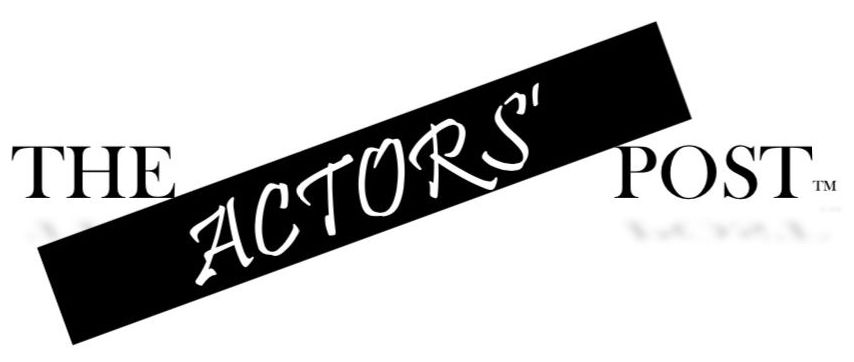
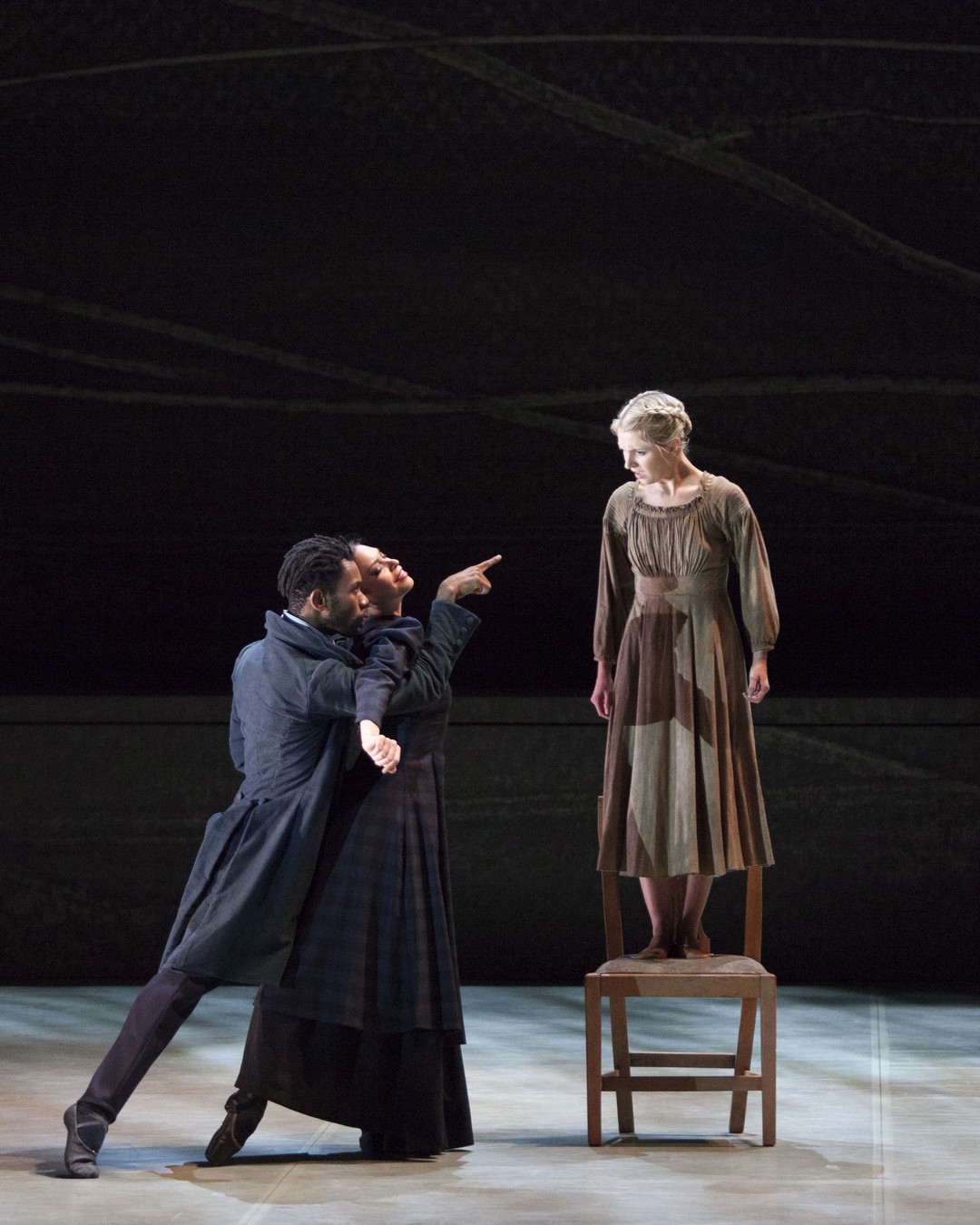
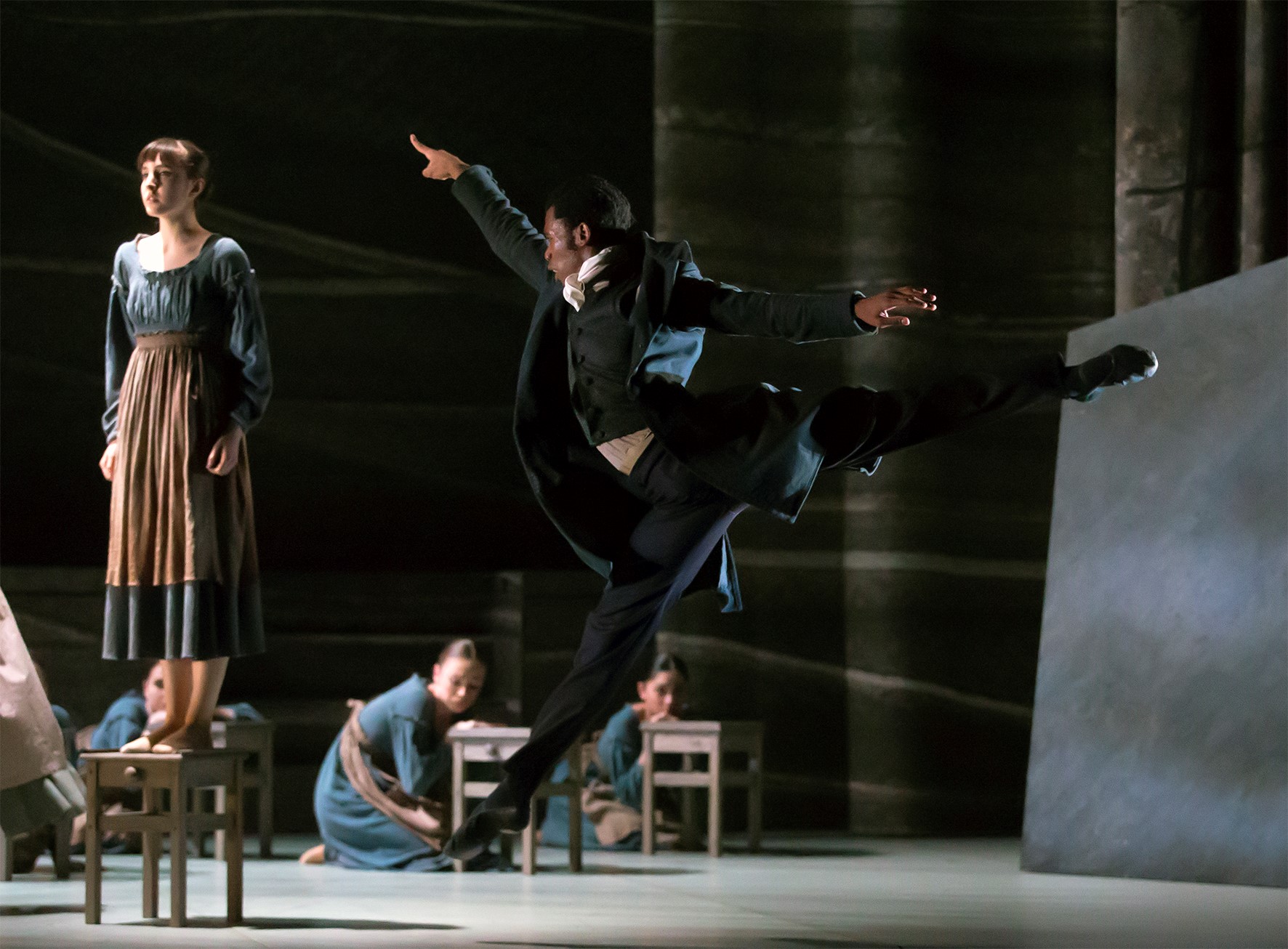
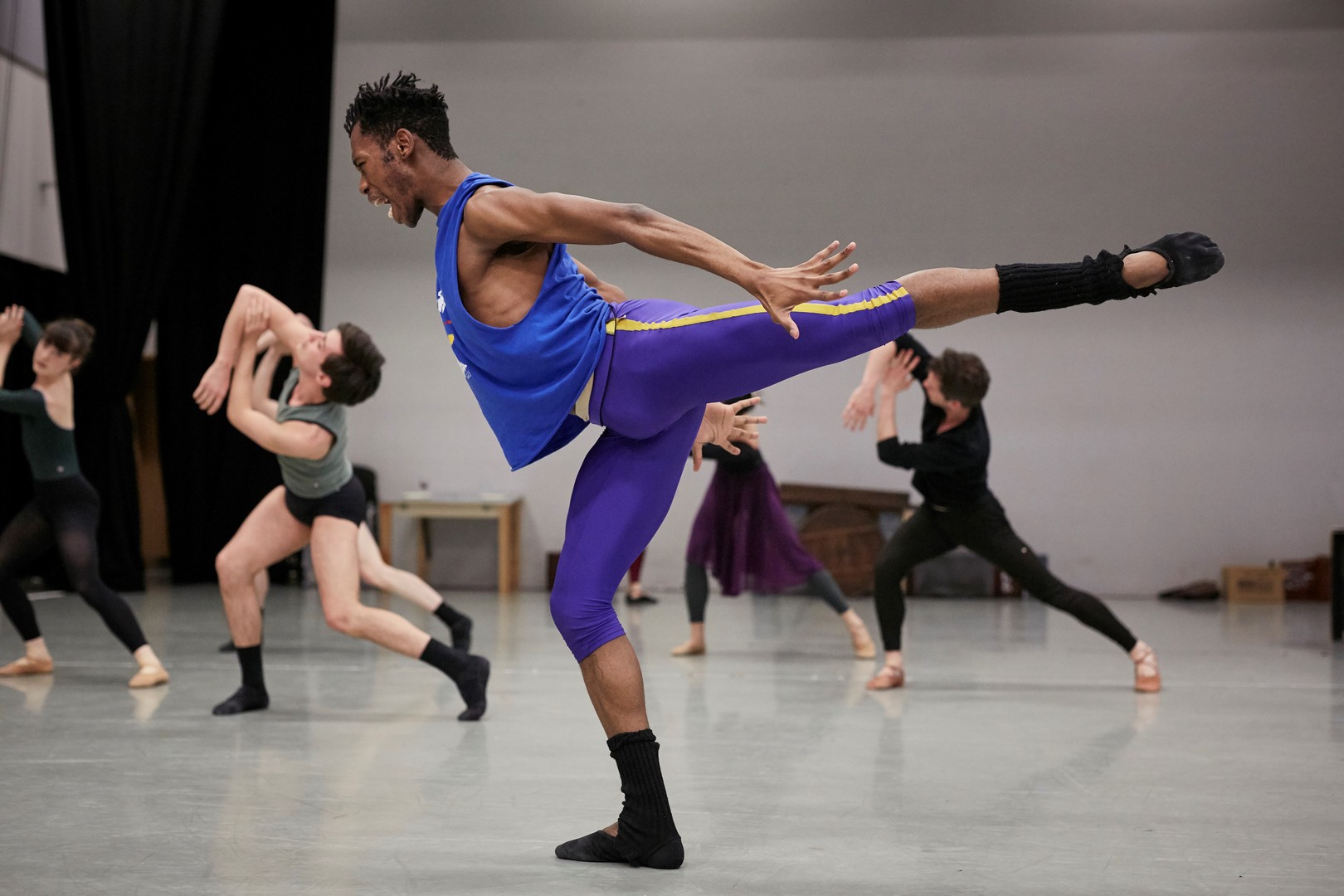
Comments